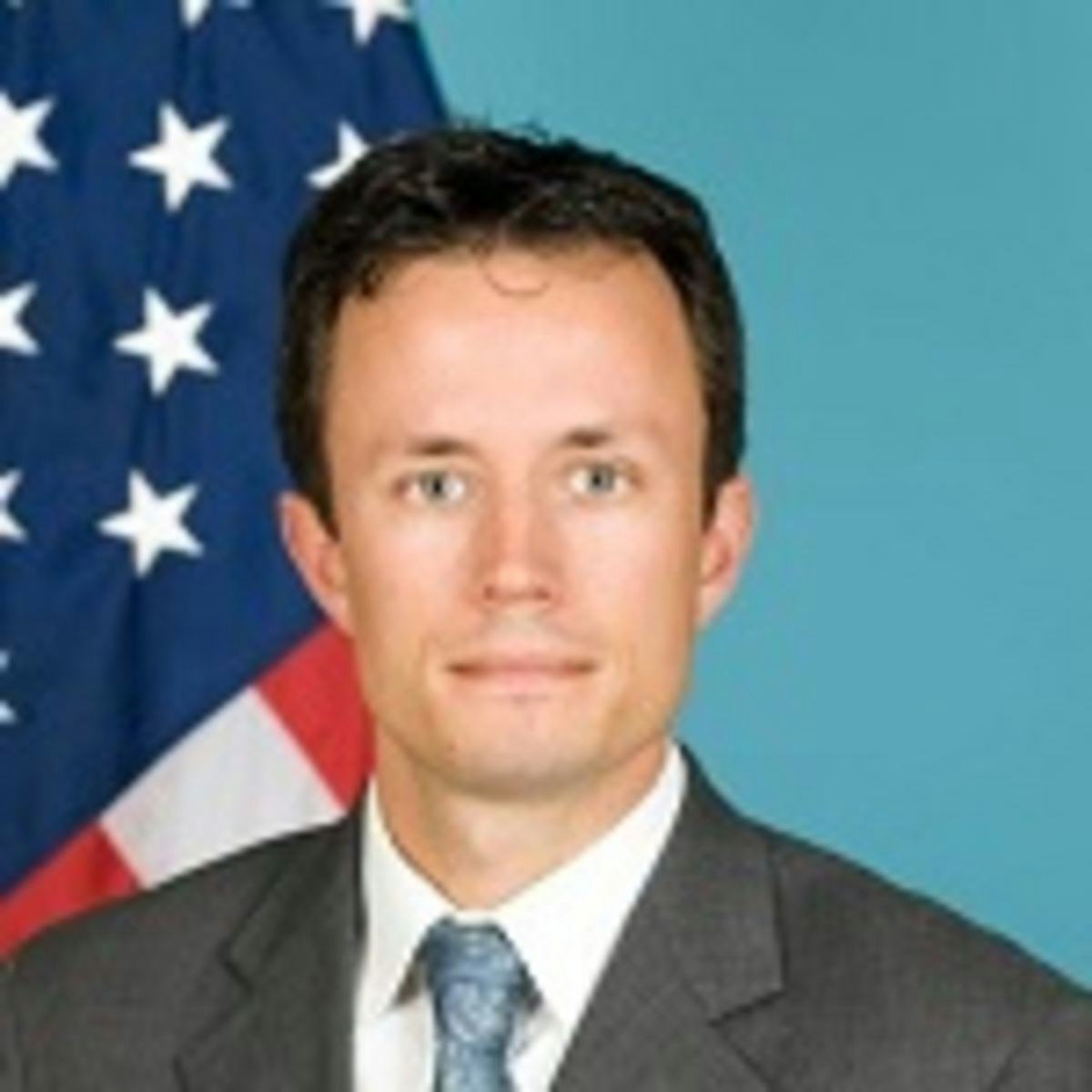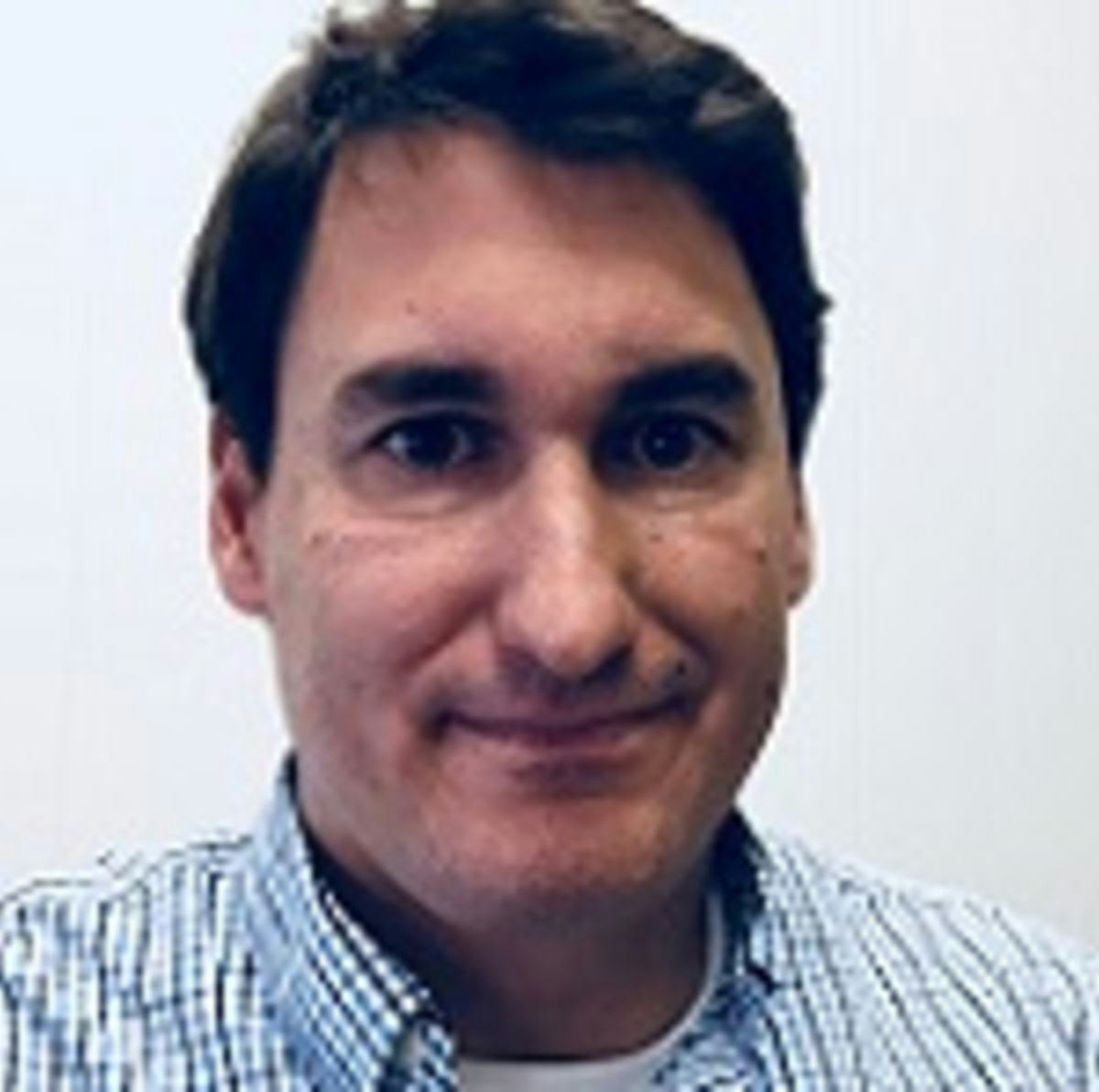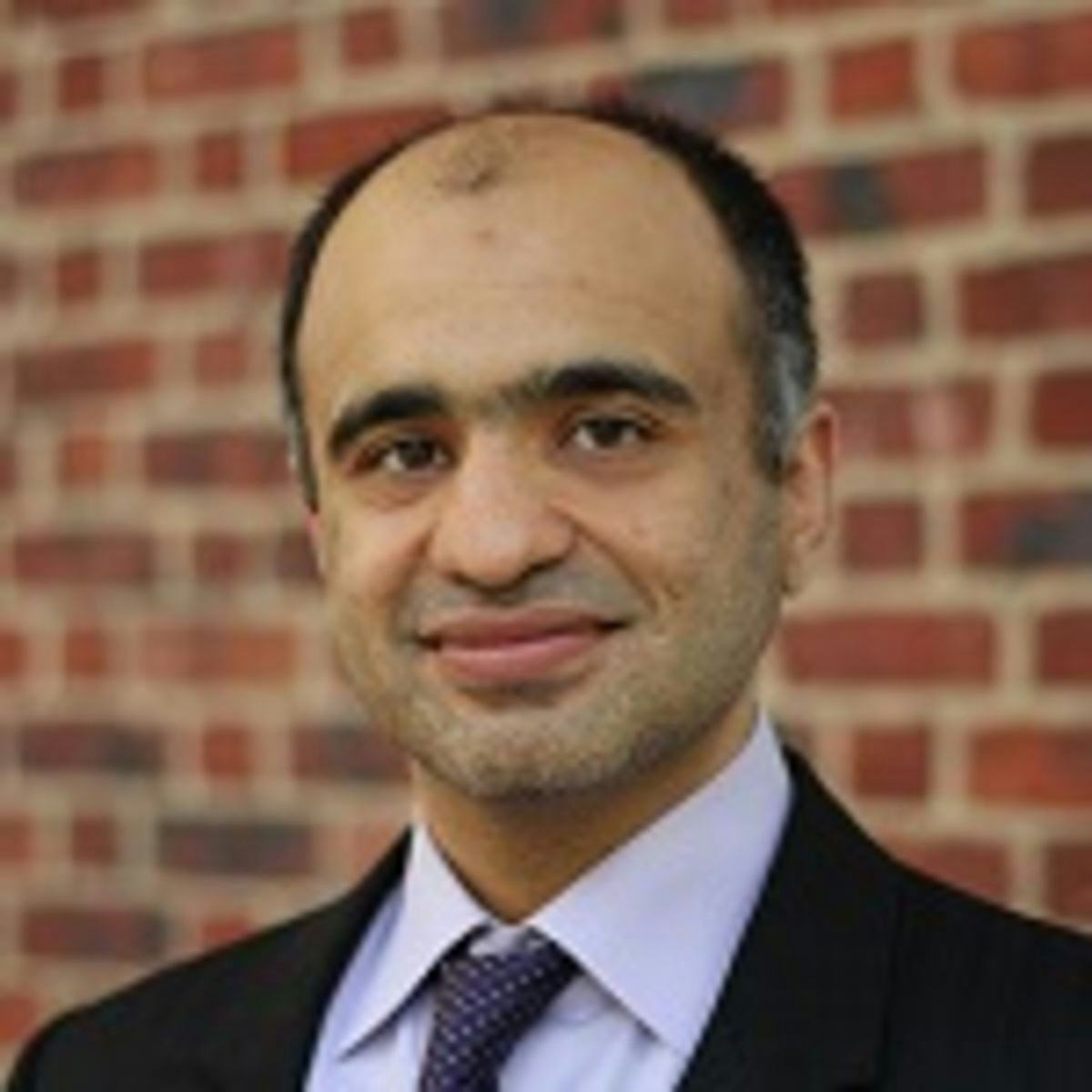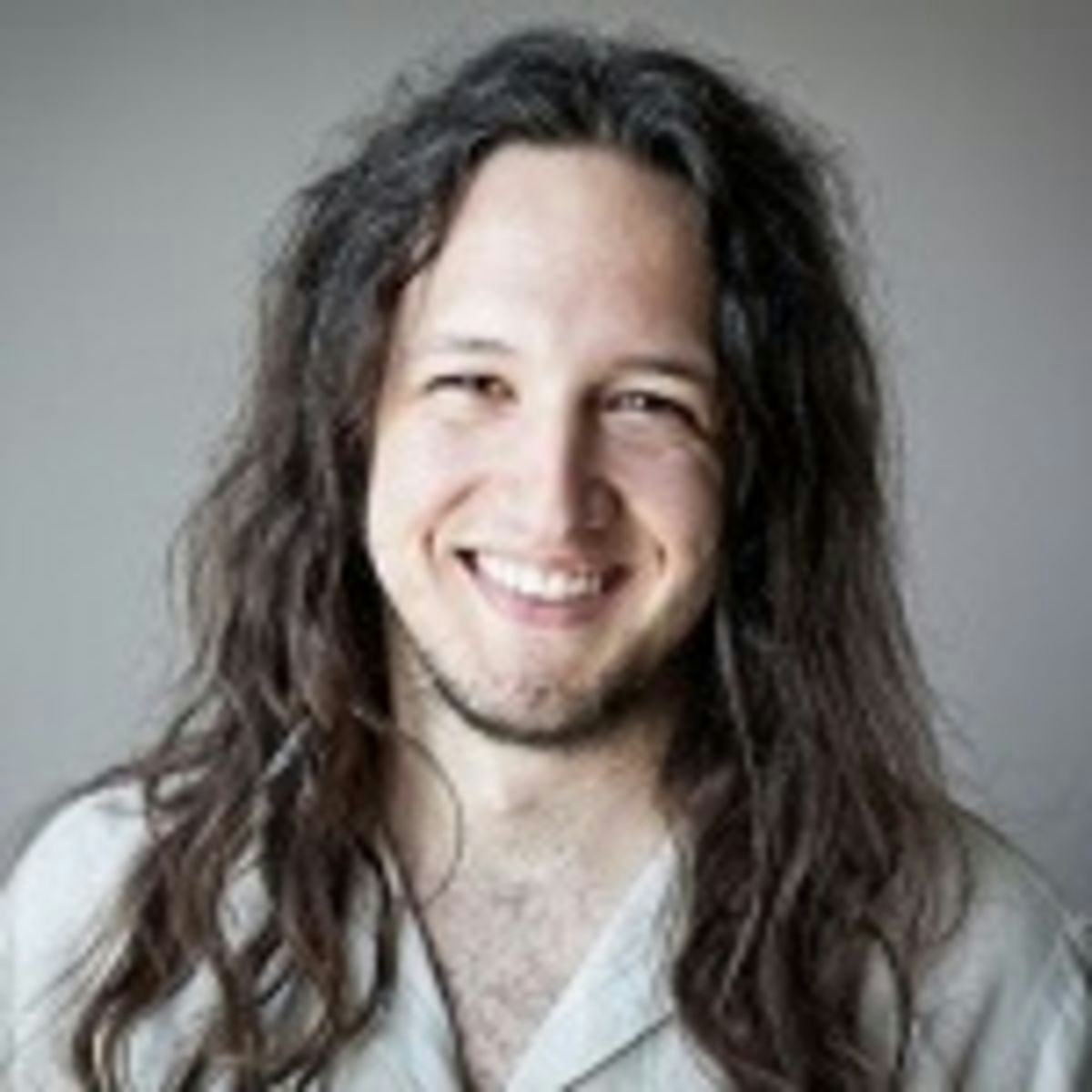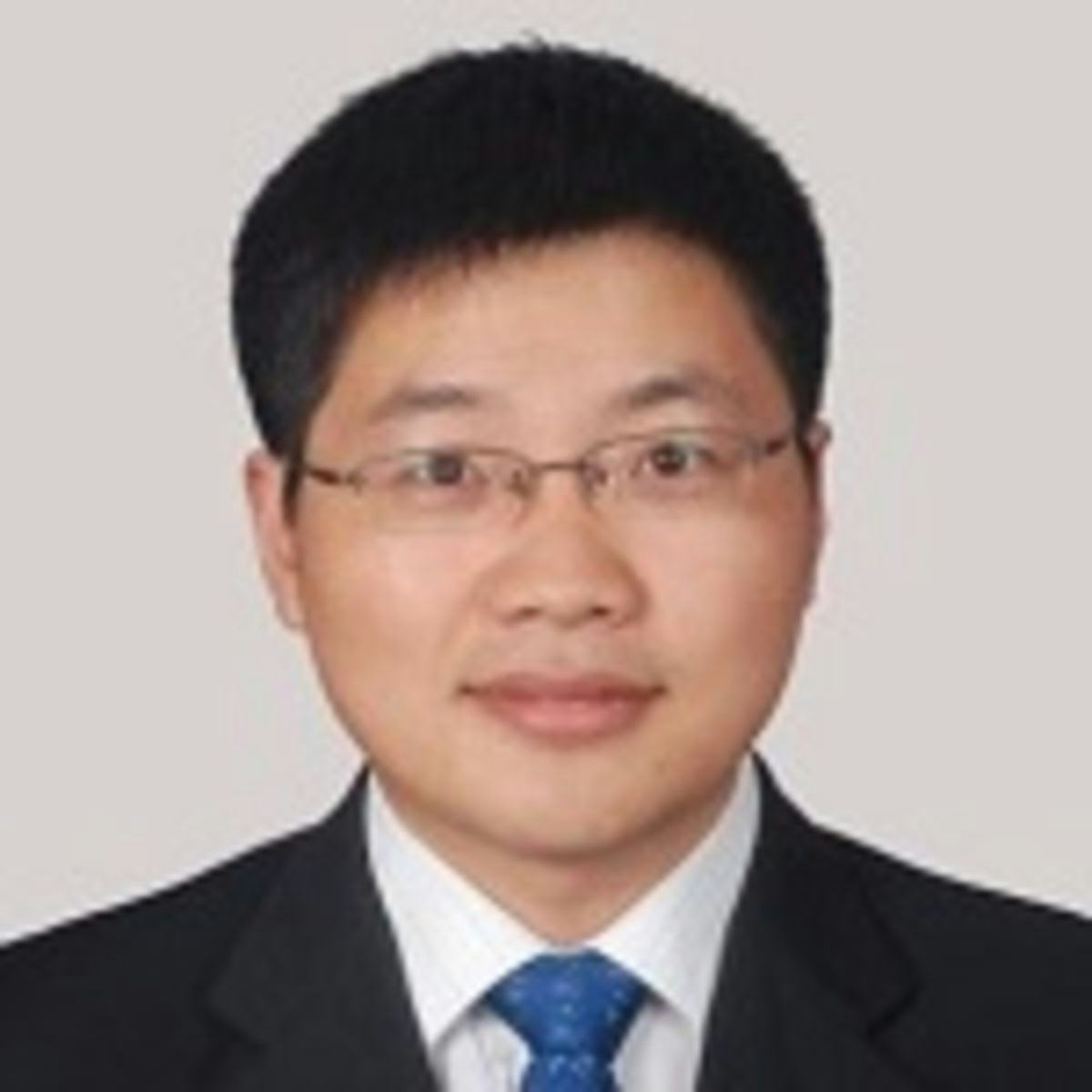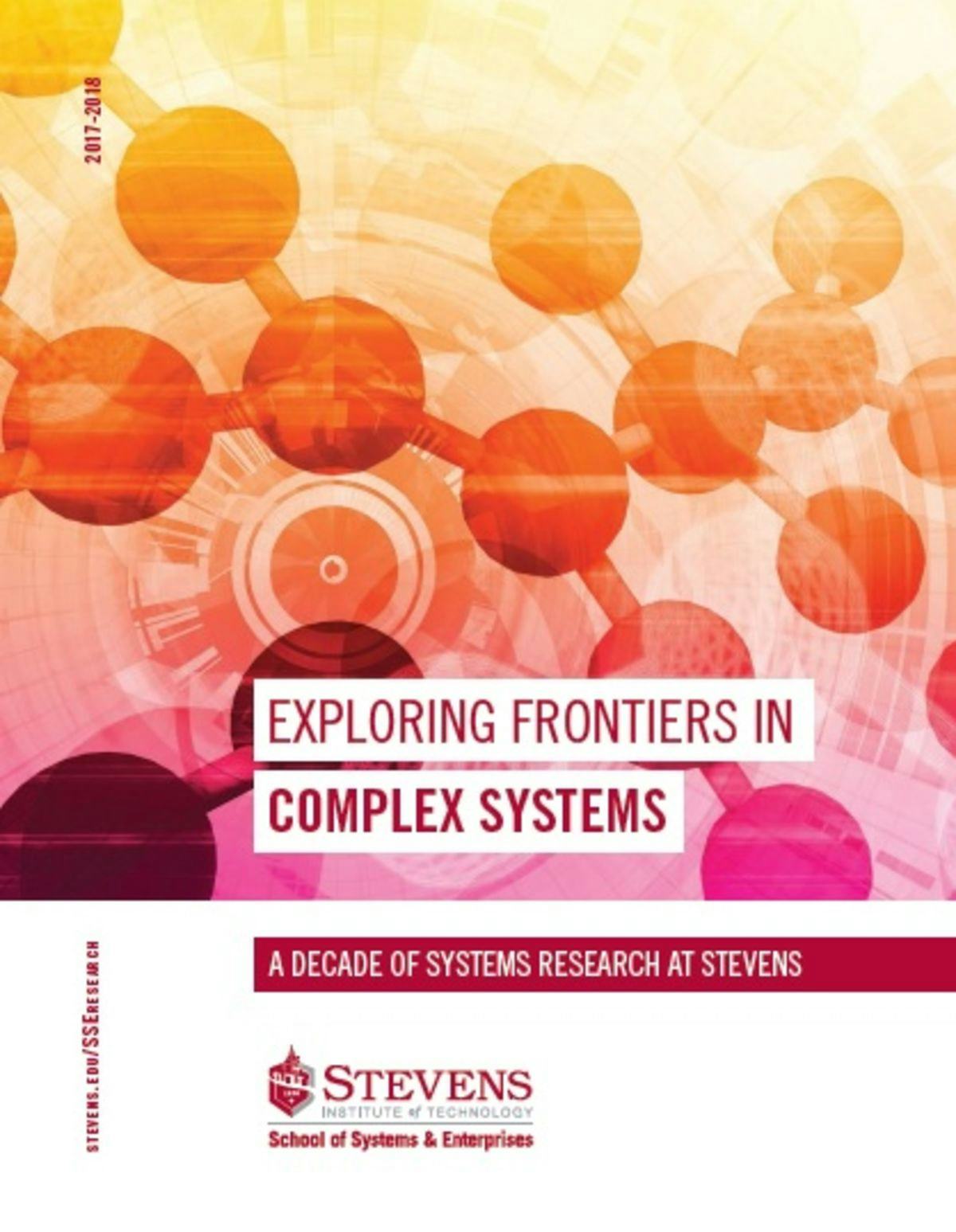For Stevens Alumni, Academic Rigor and Faculty in Systems Program Sets the University Apart
Doctoral graduates offer reflections on their experiences at Stevens as the School of Systems and Enterprises marks its 10-year anniversary
From coast to coast and across the world, Stevens alumni are on the forefront of complex systems research making an impact across industry and academia. As the Stevens School of Systems and Enterprises (SSE) marks its tenth year, doctoral graduates share their insights on how the academic and research foundation at Stevens, and the guidance of SSE faculty, has helped them to achieve success in their careers.
Where systems thinkers, scientists and engineers in industry and academia come together
In 2008, Dave Gianetto, Ph.D. ‘15, engineering fellow at Raytheon SAS, was enrolled in the Space Systems Engineering certificate program at Stevens. But after several interactions with faculty members, including Dinesh Verma Ph.D., founding dean of the School of Systems and Enterprises (SSE), and executive director of the Systems Engineering Research Center, Gianetto decided to pursue a doctoral degree in systems engineering.
“I searched for new holistic areas beyond traditional engineering and soon found that the faculty and leaders of SSE shared my interest and really opened my eyes to both the daunting complexity of systemic problems and the methods and techniques that can help pierce that complexity and produce insights,” says Dr. Gianetto.
While at Stevens, Alejandro Salado, Ph.D. ‘14, assistant professor of systems engineering at Virginia Tech, found that interacting with faculty was easy. “I never felt a barrier between students and faculty, but rather a team of mentors and mentees. We were cared for, we were pushed, and we were rewarded. I always felt like a colleague with the opportunity to contribute beyond the expectations of a student,” says Dr. Salado.
For Gianetto and Salado their interactions with Stevens faculty were central to their stories as doctoral students in the School of Systems and Enterprises. And they are not alone. For Jason L. Cook, Ph.D. ‘08, Mohsen Mosleh, Ph.D. ‘17, and Chi Zhang, Ph.D. ‘12, too, the faculty at Stevens sets the University apart.
Jason L. Cook Ph.D. ‘08
Dave Gianetto Ph.D. ‘15
Mohsen Mosleh Ph.D. ‘17
Alejandro Salado Ph.D. ‘15
Chi Zhang Ph.D. ‘12
Doctoral graduates from the School of Systems of Enterprises at Stevens Institute of Technology.
The beginnings of SSE are rooted at an intersection of academia and industry. In other words, the series of events that eventually led to the establishment of SSE (a brief history highlighted in the School’s latest research review) includes involvement from both industry and academia. So, it’s no surprise that SSE academic programs are highly regarded by alumni working in academic environments and industry settings alike.
Dr. Cook points out that the systems engineering doctoral program at Stevens is fitting for professionals looking for careers in either industry or academia, or both. “The SE program provides an interdisciplinary degree that is both practical for application in the industry and academically rigorous,” he says.
The rigor of the systems engineering program at Stevens has delivered value to Dr. Gianetto’s work at Raytheon SAS. “It was challenging and life-changing and has helped inject skills, innovation, and interest into my professional work that has resulted in several filed patents since completion of the program with many more in the pipeline,” he says.
Stevens offers an academic environment that provides unlimited possibilities to nurture ideas according to Dr. Salado. “I will always remember my experience at Stevens as being continuously thrusted, all obstacles being removed from my way so that I could focus on success.”
Exceptional faculty guidance – a hallmark at SSE
Prior to his role in academia, Dr. Mosleh, postdoctoral associate at Yale University, worked in industry as software and systems integration lead for five years. He then decided to pursue his doctoral degree in systems engineering at Stevens. The program has brought him closer to his ultimate career goal, according to Mosleh.
“The Systems Engineering program at SSE provided me with a great opportunity to learn from a wide range of faculty members with solid academic background and invaluable industry experience,” says Mosleh. “The PhD program helped me to establish myself as an independent researcher and to develop skills that were essential in my career path after graduation.”
In a previous profile story, Dr. Mosleh highlighted how faculty advisement at SSE served an important role in his overcoming research challenges during his doctoral studies at Stevens.
Similarly for Dr. Zhang, Stevens faculty provided valuable support while he pursued his doctoral degree in systems engineering. When he first visited Stevens as a doctoral student, he turned to Stevens professor Jose Emmanuel Ramirez-Marquez for advisement.
“He pushed me to do better, to improve myself, and test my limits not only as a student but as a whole person,” says Zhang. “Without his tough love, I can’t be who I am. He not only fantastically advised me, but also taught me how to be a successful professor.”
Today, Dr. Zhang is an assistant professor, Department of Industrial Engineering, Tsinghua University in Beijing, China. He recently returned to Stevens as the invited speaker for the Stevens Systems Analytics Seminar Series; his keynote presentation was on “Game Theoretic Approaches for Designing and Protecting Infrastructure Systems Against Intentional Attacks.”
Dr. Salado emphasizes the need for schools like SSE. “We need that other universities take similar paths. Systems engineering is key, but it is also special. It needs traditional faculty and practiced professors. It needs rigor and usefulness. It needs to be constructed with systems at its core. We need SSE’s to bloom everywhere in academia if we want to effectively tackle contemporary problems.”
“Out of all my academic achievements, my Ph.D. in systems engineering from Stevens is, by far, the one I hold with the highest pride,” he adds.

